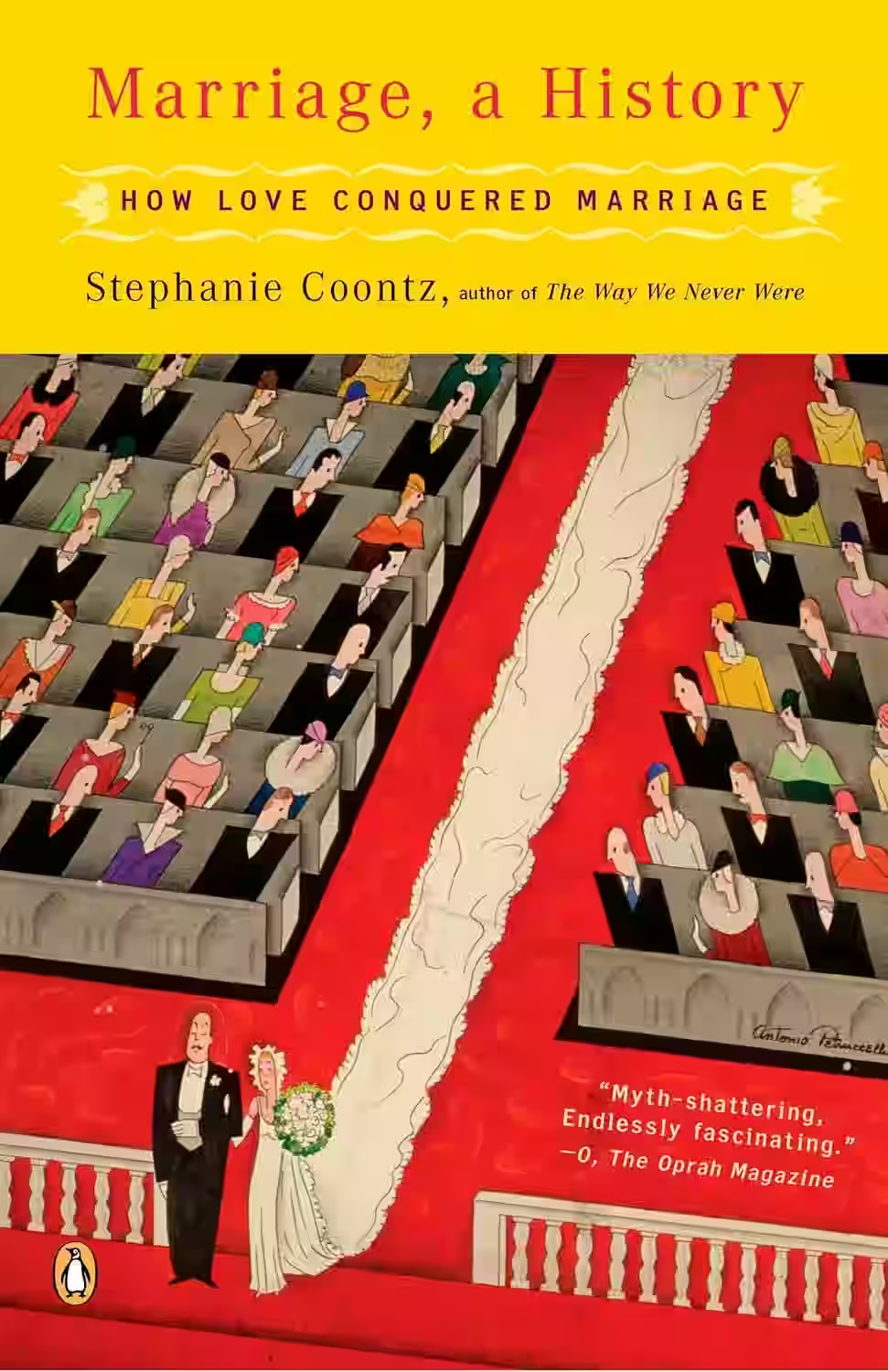
In 'Marriage, a History: How Love Conquered Marriage,' Stephanie Coontz delves into the evolution of marriage throughout human history, challenging traditional notions of love and matrimony. Coontz explores how marriage has been influenced by economic, social, and political factors, shedding light on how love became a central component in modern marital unions. Through a meticulous examination of cultural practices and societal norms, she reveals the shifting dynamics of marriage and the role of love in shaping these changes. This thought-provoking book offers a compelling narrative that will make readers reassess their understanding of marriage and relationships.
About Stephanie Coontz
Stephanie Coontz is an accomplished author, historian, and professor known for her insightful works on gender, family, and marriage in America. She holds a Ph.D. in European History from the University of California, Berkeley, and has taught at numerous prestigious institutions. Coontz is celebrated for her groundbreaking book 'The Way We Never Were: American Families and the Nostalgia Trap,' which challenges traditional views of family life in the United States. Her work has had a significant impact on feminist literature and social history, shedding light on the complexities of relationships and societal norms. Coontz continues to be a prominent voice in discussions surrounding gender equality and family dynamics.
Similar Books
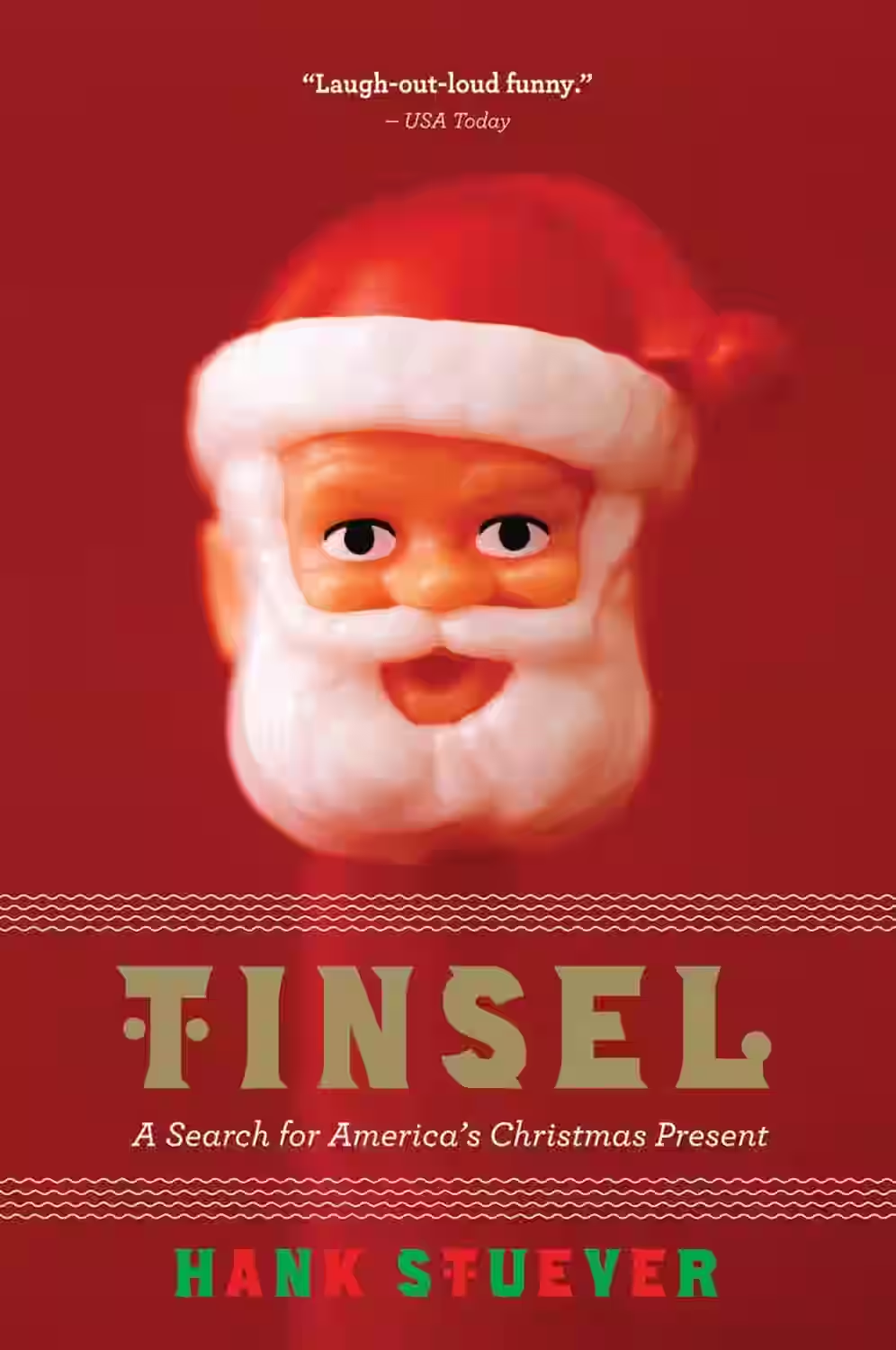
Tinsel: A Search for America's Christmas Present
by Hank Stuever
In 'Tinsel: A Search for America's Christmas Present,' author Hank Stuever delves into the heart of the holiday season, exploring the commercialization, traditions, and emotions surrounding Christmas in modern America. Through a captivating blend of storytelling and insightful analysis, Stuever paints a vivid picture of the ways in which Christmas has evolved to reflect the values and dynamics of contemporary society, from extravagant light displays to heartfelt community gatherings. By dissecting the essence of Christmas present, the book raises thought-provoking questions about consumerism, family, and the true spirit of the season, making it a compelling read for anyone interested in the cultural significance of Christmas.
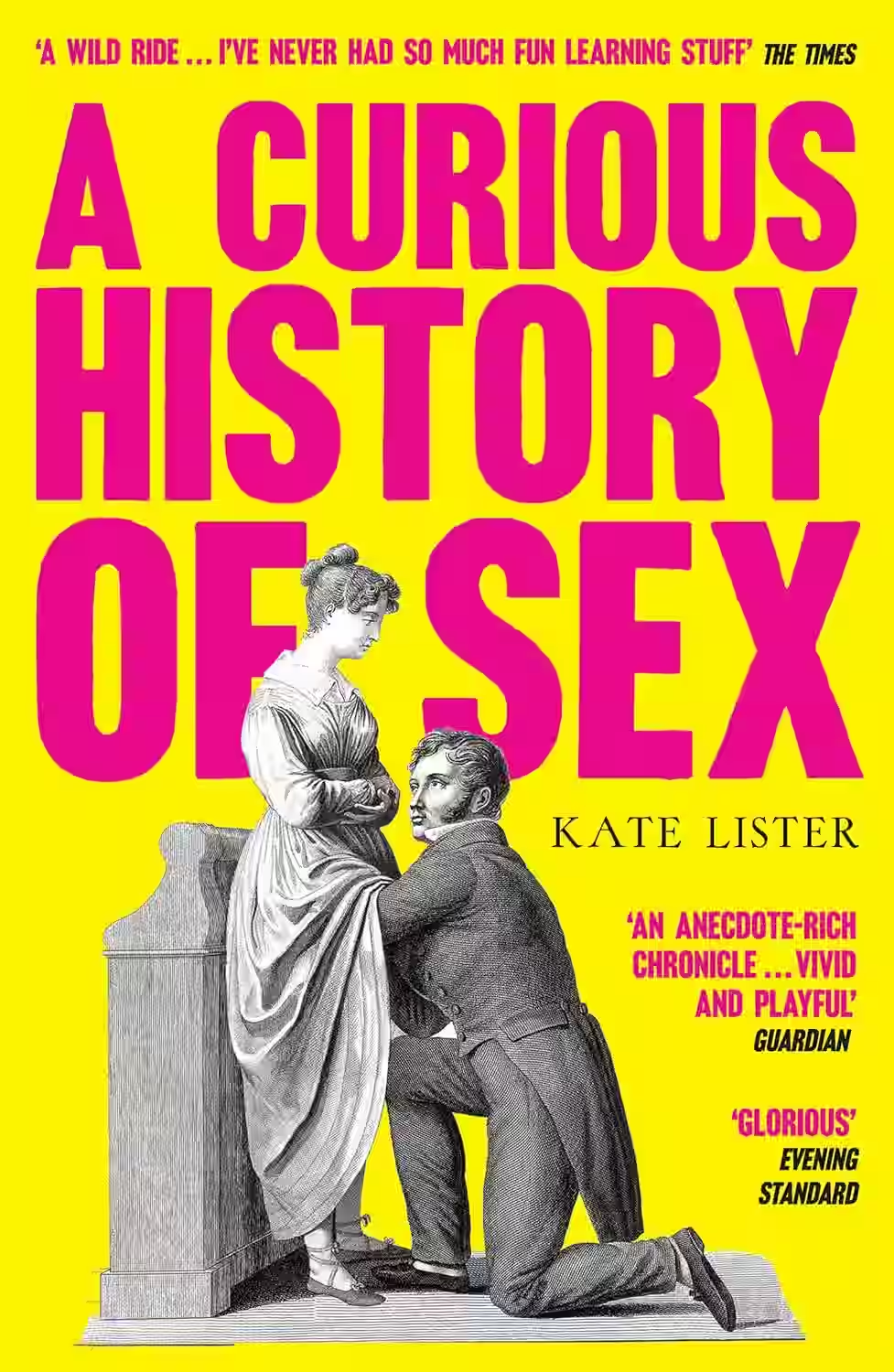
A Curious History of Sex
by Kate Lister
In 'A Curious History of Sex,' Kate Lister delves into the intriguing and often surprising history of human sexuality. From ancient times to modern-day, Lister explores various aspects of sex, including taboos, practices, and societal perceptions. Through a blend of scholarly research and witty writing, she presents a comprehensive and captivating account of how sex has evolved over centuries. Lister's book sheds light on lesser-known facts and provides a fresh perspective on a topic often shrouded in mystery and misinformation. Readers will be both educated and entertained by this thought-provoking journey through the annals of sexual history.
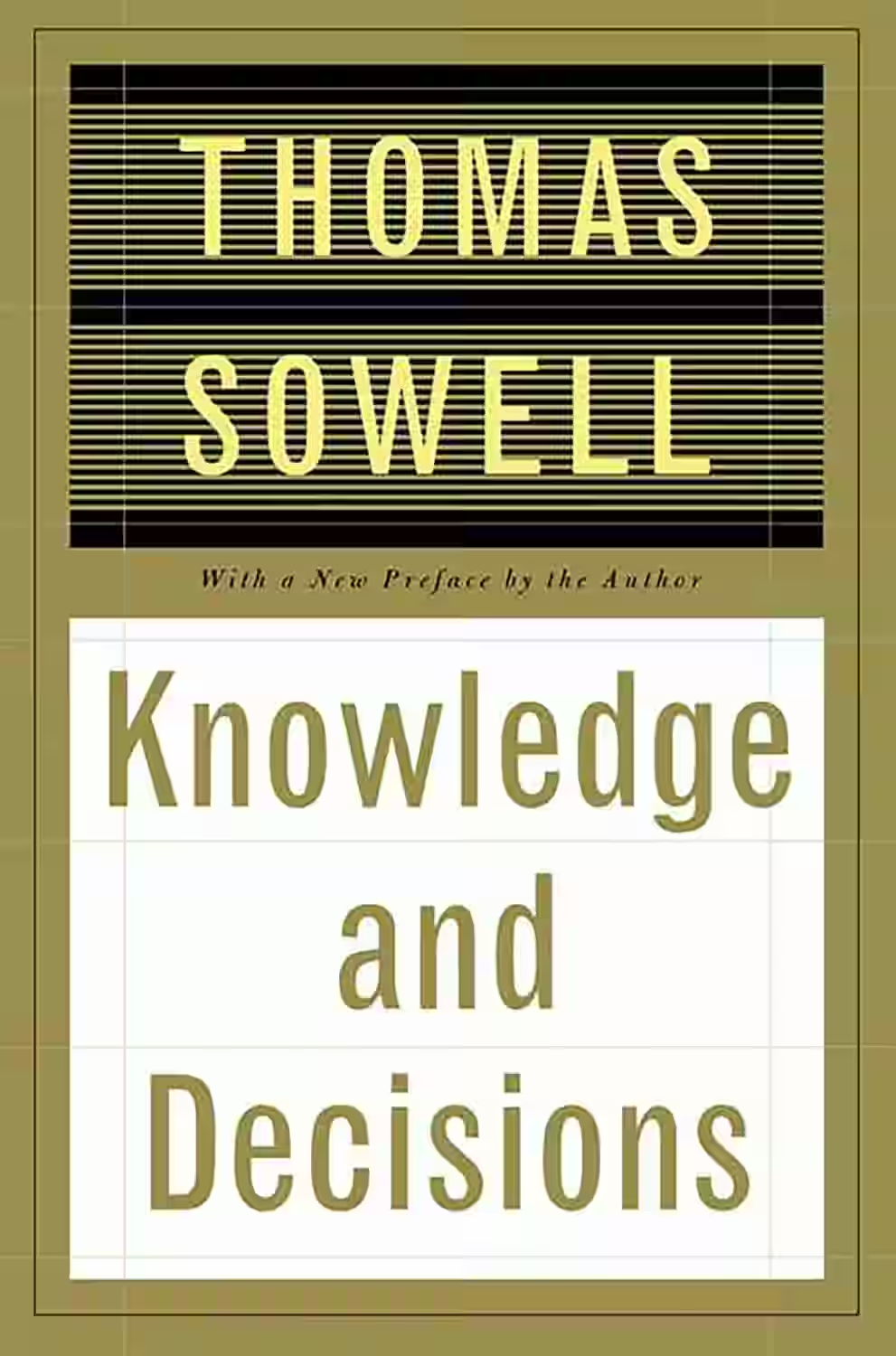
Knowledge and Decisions
Economist and political commentator Thomas Sowell explores how knowledge is distributed and used across different institutions, from markets to governments. He argues that decision-making is most efficient when decentralized and guided by incentives, rather than centralized planning. Sowell highlights how information, incentives, and constraints shape outcomes in society, emphasizing the superiority of systems that allow individuals to act on local knowledge. Rich in economic and philosophical insight, the book critiques technocratic overreach and defends free-market mechanisms. It’s considered one of Sowell’s most intellectually rigorous works, offering a deep framework for understanding how societies function.
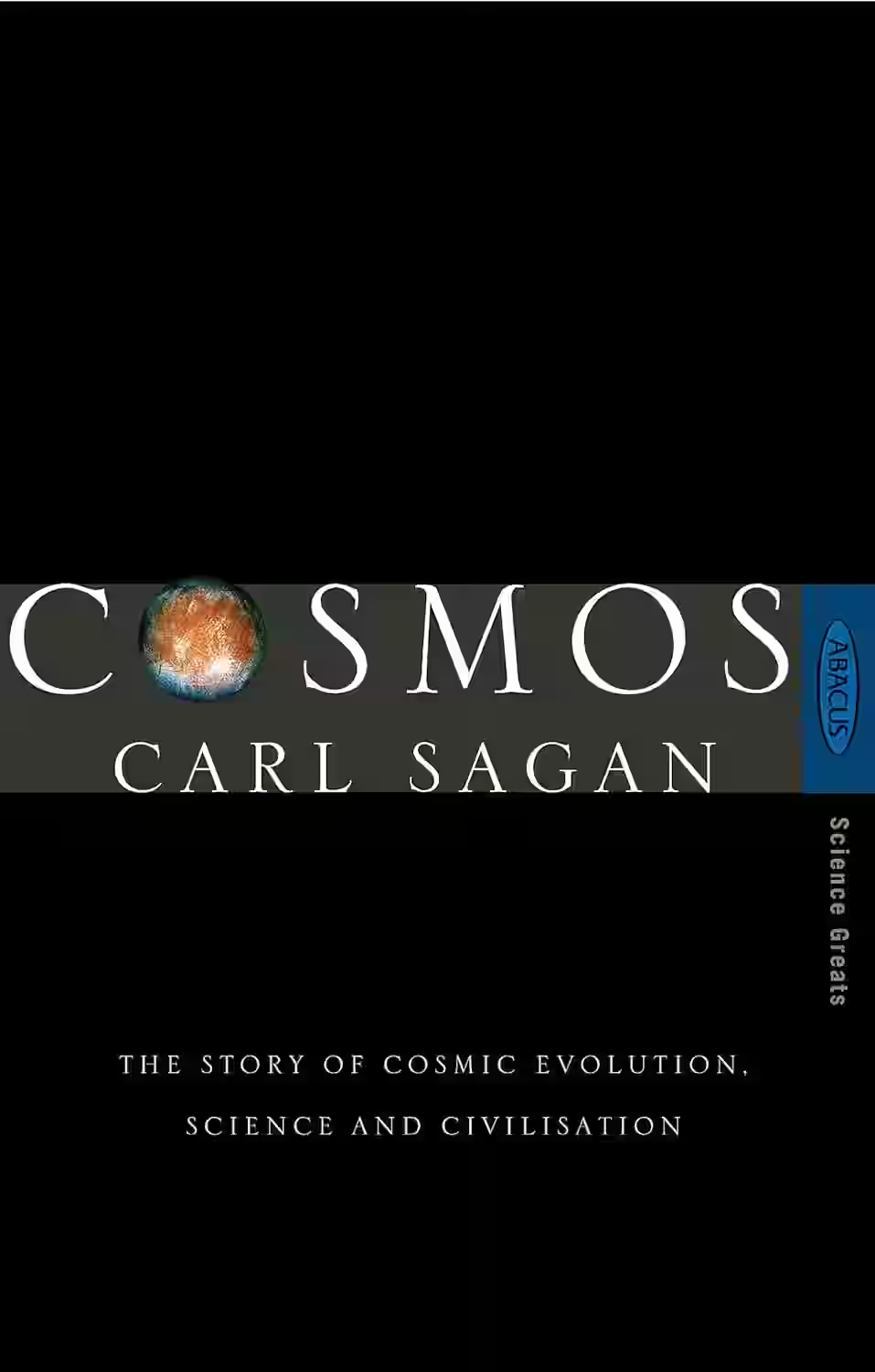
Cosmos
by Carl Sagan
In Carl Sagan's 'Cosmos', readers embark on a thrilling journey through the vast cosmos, exploring the wonders of our universe and humanity's place within it. With profound insight and poetic prose, Sagan delves into topics like space exploration, evolution, and the origins of life, bridging science and philosophy seamlessly. Through this masterpiece, he ignites a sense of curiosity and awe, urging us to ponder our existence and the mysteries of the cosmos. 'Cosmos' not only educates but also inspires readers to embrace science and reason, fostering a greater appreciation for the interconnectedness of all things.